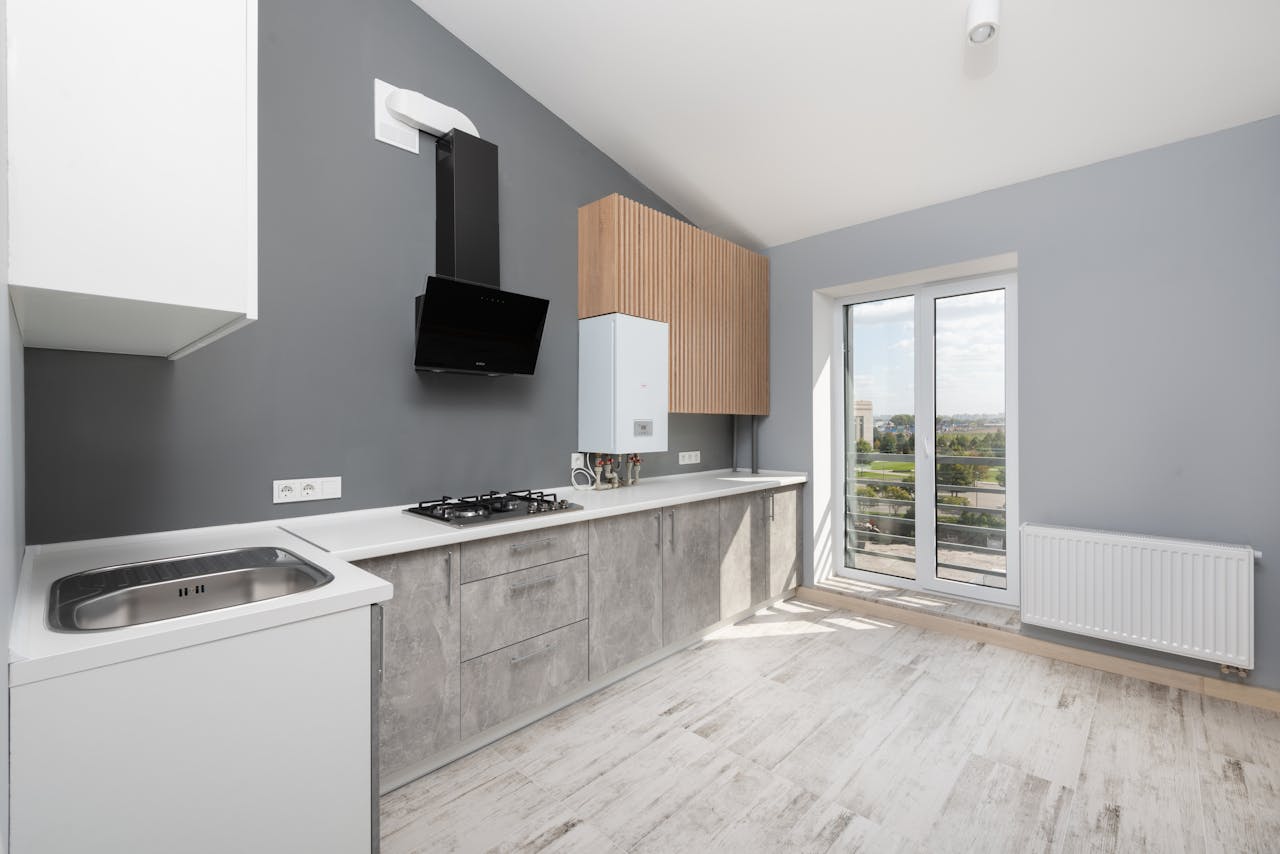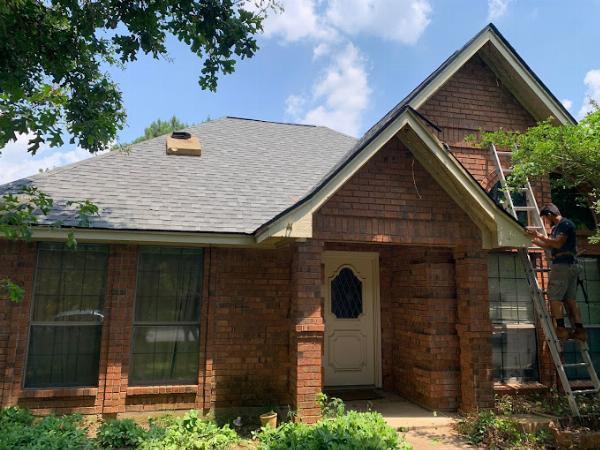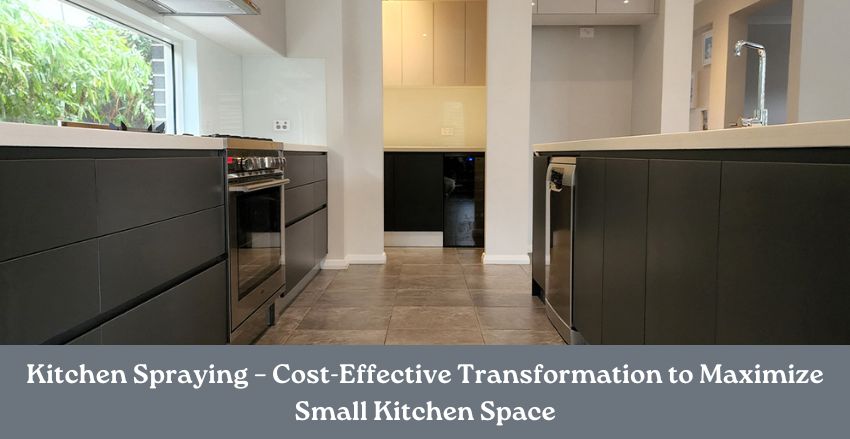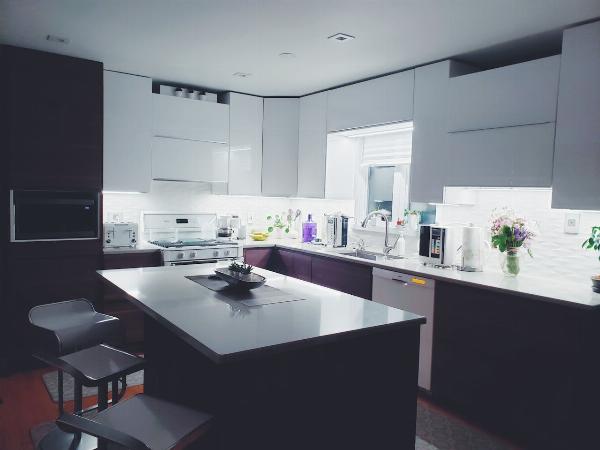Kitchen Remodeling Costs: A Comprehensive Guide

Strong 8k brings an ultra-HD IPTV experience to your living room and your pocket.
Kitchen remodeling is one of the most effective ways to enhance your home's functionality and aesthetic appeal. However, understanding the costs associated with such a project is crucial for planning and budgeting. This guide breaks down the factors influencing kitchen remodeling costs to help you make informed decisions.
Average Cost of a Kitchen Remodel
The cost of remodeling a kitchen can vary widely depending on the project's scope. On average:
Minor Remodel: $10,000 to $20,000
Mid-Range Remodel: $25,000 to $50,000
Major Remodel: $60,000 and above
These figures are influenced by the size of the kitchen, material choices, and labor expenses.
Key Factors Affecting Costs
Kitchen Size
The size of your kitchen directly impacts the cost of remodeling. A larger kitchen requires more materials and labor, increasing overall expenses. Smaller kitchens, while less expensive, may incur high costs if they need specialized work or high-end materials.
Scope of Work
The extent of your renovation plays a significant role:
Cosmetic Updates: Includes painting, new hardware, and lighting updates. This is the most budget-friendly option.
Partial Remodel: Involves replacing cabinets, countertops, and appliances.
Complete Renovation: Includes structural changes, plumbing, and electrical work, which are the most expensive.
Material Choices
The materials you choose for your remodel can significantly influence costs. For example:
Cabinets: Stock cabinets are more affordable than custom-built options.
Countertops: Laminate is budget-friendly, while granite, quartz, and marble are premium.
Flooring: Vinyl and laminate are cost-effective, while hardwood and natural stone are more expensive.
Appliances and Fixtures
Upgrading appliances and fixtures can quickly add to the budget. Energy-efficient models often have a higher upfront cost but can save money in the long run through lower energy bills.
Labor Costs
Labor costs vary based on location and the complexity of the work. Hiring skilled professionals ensures quality results but typically increases the overall budget.
Unforeseen Expenses
Unexpected costs, such as addressing hidden structural issues or outdated wiring, can arise during remodeling. It is wise to allocate 10-20% of your budget for contingencies.
Cost-Saving Tips for Kitchen Remodeling
Set a Realistic Budget: Determine what you can afford and prioritize your spending.
Refinish Instead of Replace: Consider repainting cabinets or refinishing countertops to save money.
Shop Sales: Look for discounts on appliances, fixtures, and materials.
DIY Where Possible: Handle tasks like painting or assembling furniture if you have the skills.
Reuse and Recycle: Repurpose existing materials or shop for reclaimed items to reduce costs.
Financing Your Kitchen Remodel
If you're concerned about upfront costs, consider these financing options:
Home Equity Loan: Borrow against the equity in your home.
Personal Loan: A flexible option with varying interest rates.
Credit Cards: Best for smaller projects, but watch out for high interest rates.
Contractor Financing: Some contractors offer payment plans for their services.
Final Thoughts
Kitchen remodeling can be rewarding, boosting your home's value and improving your daily life. By understanding the costs involved and planning strategically, you can achieve your dream kitchen without breaking the bank. Whether planning a minor facelift or a full-scale renovation, this guide provides the foundation for informed decisions and a successful project.
FAQs
How much does it typically cost to remodel a kitchen?
The cost of a kitchen remodel can vary widely, ranging from $10,000 for a small, budget-friendly renovation to over $50,000 for a high-end project. Factors like materials, labor, and the scope of the remodel play a significant role in determining the final price.
What factors affect the cost of kitchen remodeling?
Key factors include the size of the kitchen, the quality of materials, design complexity, appliance upgrades, and labor costs. Regional pricing differences and unexpected structural changes can also impact the budget.
How can I save money on a kitchen remodel?
To save money, consider refinishing existing cabinets instead of replacing them, choosing mid-range materials, and doing some of the work yourself. Additionally, planning ahead and avoiding mid-project changes can help control costs.
Is it worth investing in a kitchen remodel?
Yes, kitchen remodeling often offers a high return on investment, especially if you plan to sell your home. It enhances functionality, aesthetic appeal, and can significantly increase the resale value of your property.
How long does a typical kitchen remodel take?
The duration of a kitchen remodel depends on the project size and complexity. On average, a remodel takes 6-12 weeks, but larger or custom projects may take several months.
Note: IndiBlogHub features both user-submitted and editorial content. We do not verify third-party contributions. Read our Disclaimer and Privacy Policyfor details.







